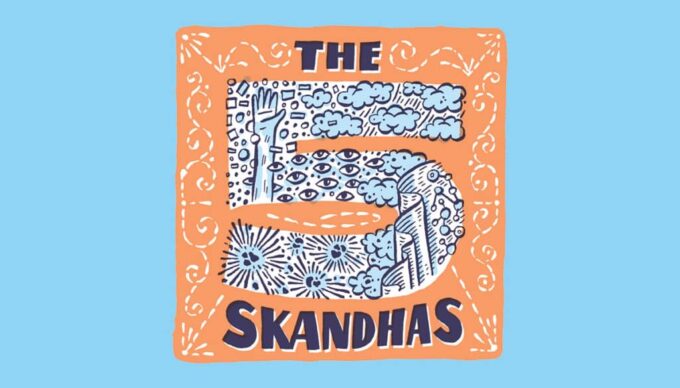I've been thinking a bit recently about translation, since I've noticed that translations seems to vary quite widely for Buddhist texts, more than I'm used to in other traditions. For example, if I read a few of the various reputable English translations of the Christian Bible, I get the sense that they're all pretty much saying the same thing, just with different style. However, I've seen English versions of the Heart Sutra that were so different that you might never have guessed that they were translations of the same source text. I imagine this is partly because Buddhists are not so very concerned about the "one and only corrrect interpretation" of any text, and maybe also because some of the Buddhist texts can get pretty darn "out there." How do you translate a koan that doesn't make sense even in the source language? That's why I think it's good to look at different translations; you get a few different ideas of what's going on.
But one area I've noticed that there's a lots of consistency is that the word dhukka seems to always be translated into English as "suffering." But I recently encountered a translation that rendered it as "stress," the first time I've personally seen another translation of that word. My first reaction was to dislike it, just because it's not what I'm used to, and also because "stress" seems to be less serious than suffering. But it's started to grow on me; for one thing, my previous work as an acupuncturist has me convinced that the biggest threat to our collective health in the developed world is, in fact, stress. It also does a better job of getting at the point of dhukka than does "suffering." Jundo can probably attest that every zen teacher has had to say something like the following at least a million times: "The suffering we're talking about isn't, say, the pain you feel when you stub your toe. It's the pain you feel when you get all worked up about stubbing your toe and let it ruin your day even after the physical pain has faded." I think using the word stress can help us make than fine distinction: stubbing your toe will always hurt, but it need not be stressful. You can just shout a couple curse words, then shrug and limp for a couple of minutes as you go about your day. I feel like the it's easier to understand the finer points of the concept when it's translated as stress.
What do you folks think?
Gassho,
Kyoshin
Sat/Lah
But one area I've noticed that there's a lots of consistency is that the word dhukka seems to always be translated into English as "suffering." But I recently encountered a translation that rendered it as "stress," the first time I've personally seen another translation of that word. My first reaction was to dislike it, just because it's not what I'm used to, and also because "stress" seems to be less serious than suffering. But it's started to grow on me; for one thing, my previous work as an acupuncturist has me convinced that the biggest threat to our collective health in the developed world is, in fact, stress. It also does a better job of getting at the point of dhukka than does "suffering." Jundo can probably attest that every zen teacher has had to say something like the following at least a million times: "The suffering we're talking about isn't, say, the pain you feel when you stub your toe. It's the pain you feel when you get all worked up about stubbing your toe and let it ruin your day even after the physical pain has faded." I think using the word stress can help us make than fine distinction: stubbing your toe will always hurt, but it need not be stressful. You can just shout a couple curse words, then shrug and limp for a couple of minutes as you go about your day. I feel like the it's easier to understand the finer points of the concept when it's translated as stress.
What do you folks think?
Gassho,
Kyoshin
Sat/Lah









 )
)

Comment